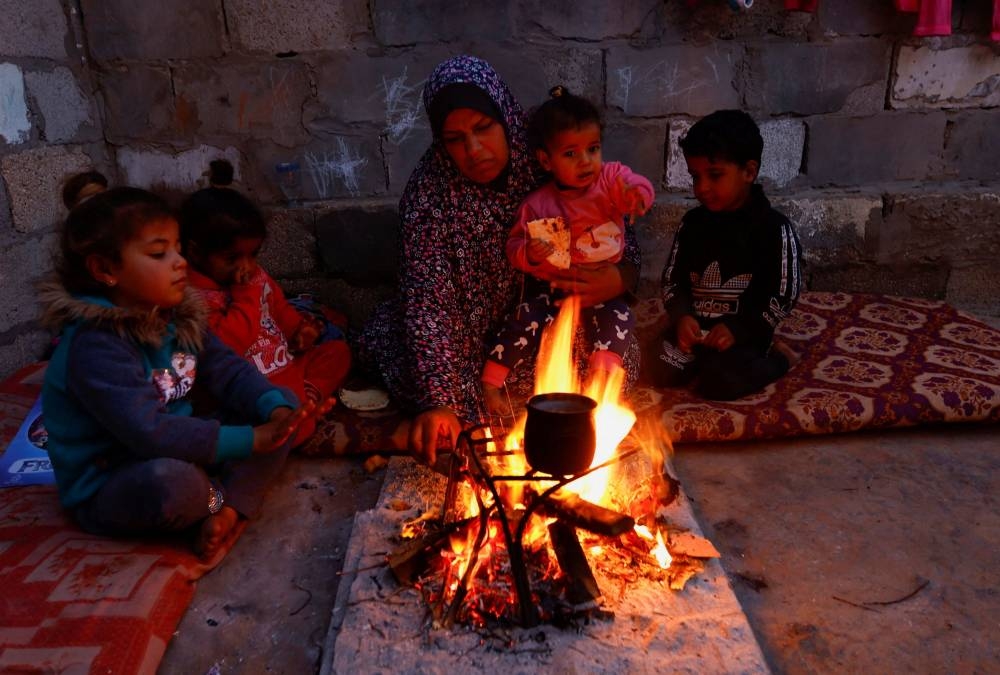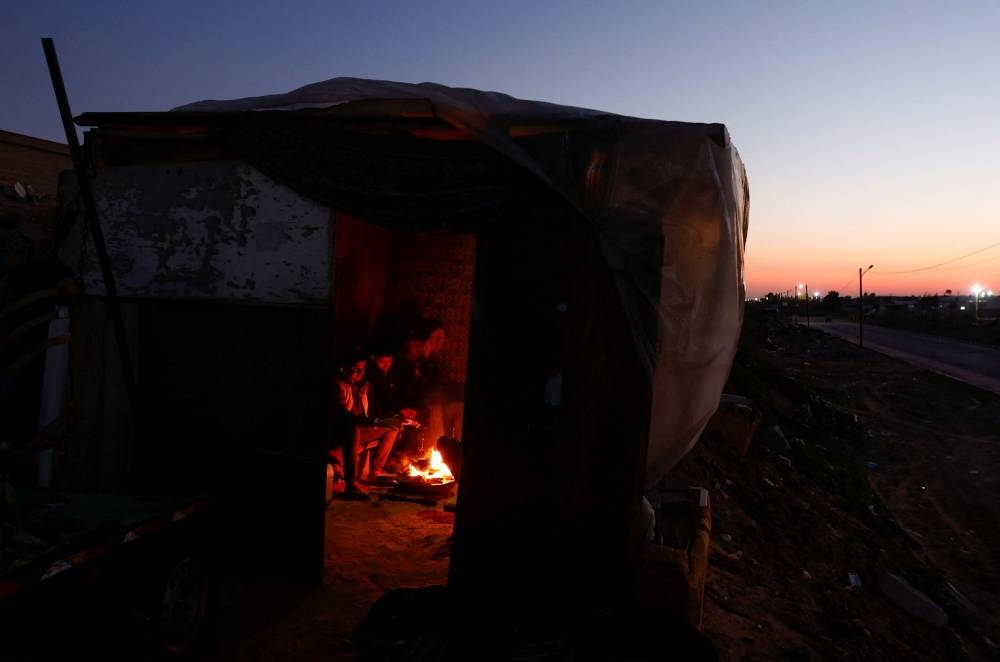GAZA, Jan 5 — In one of Gaza City’s oldest suburbs, Saadeya al-Malaha collects dry branches she finds by the side of the roads, then carefully balances the pile on her head and carries it home to light a fire and cook for her two children.
With winters growing harsher, gas prices climbing and regular power cuts, Palestinians in the Gaza Strip are increasingly turning to firewood, which experts say could harm the environment.
“We use firewood because we don’t have money to fill cooking gas. What can we do? How can we feed our children? How can we eat if not on firewood?” said al-Malaha, 43, sitting in front of a fire pit at her doorstep.
To meet rising demand, Samir Hejji and his three sons have recently taken to cutting down and selling lumber wood around the narrow coastal strip that is home to 2.3 million people and whose borders are tightly controlled by Israel and Egypt.
“More people are buying wood because of the high prices of electricity. We have power shortages of eight hours or more daily,” said Hejji,a 55-year-old retired police officer, standing by piles of olive tree wood.
One kg of lumber wood costs up to one Israeli shekel (RM1.23). Some families need around five kg a day, some collected off the streets. The cost of filling a 12-litre cooking gas bottle went up to 72 shekels in 2022 from 63 shekels a year earlier.
Using electric heaters is more expensive and residents complain of lengthy power cuts.
But environmental expert Nizar Al-Waheidi, warns against the widespread use of firewood. He said it could harm people’s health and cause environmental damage.
“The practice causes problems such as environmental pollution and it affects global warming,” Waheidi, a former official at the Palestinian agriculture ministry, told Reuters. — Reuters























